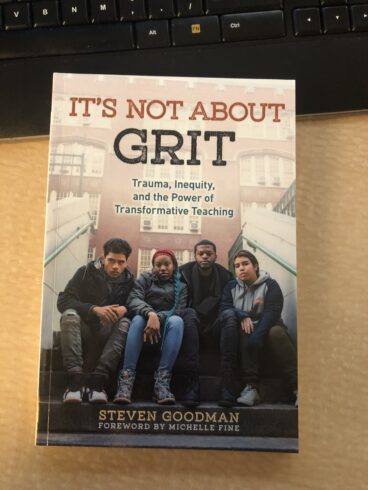 It’s Not About Grit pulls back the veil, revealing the social systems that marginalise and stigmatize mostly poor, urban students of colour and their communities. Steve Goodman, founding director of NYC’s highly acclaimed Educational Video Center, shows the tremendous intelligence, resilience, and sense of agency of these students. Through the students’ experiences, enhanced with curriculum guides and award-winning video clips from EVC, this book demonstrates how to create a safe and inclusive school climate that responds to students’ culture, race, gender, sexual orientation, language, housing status, and ability. Teachers will use this book to develop a pedagogy of transformative teaching.
It’s Not About Grit pulls back the veil, revealing the social systems that marginalise and stigmatize mostly poor, urban students of colour and their communities. Steve Goodman, founding director of NYC’s highly acclaimed Educational Video Center, shows the tremendous intelligence, resilience, and sense of agency of these students. Through the students’ experiences, enhanced with curriculum guides and award-winning video clips from EVC, this book demonstrates how to create a safe and inclusive school climate that responds to students’ culture, race, gender, sexual orientation, language, housing status, and ability. Teachers will use this book to develop a pedagogy of transformative teaching.
Tag Archives: teaching
Waiting on the World to Change
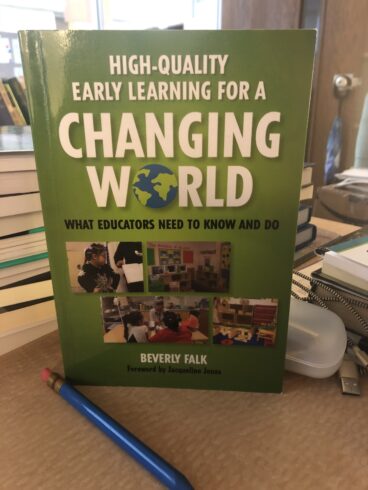
This concise and accessible resource provides an overview of the fundamentals of teaching in early childhood settings (pre-K–2), with a focus on what high-quality practices look like. It details the features of developmentally appropriate, linguistically responsive, culturally relevant/sustaining teaching and how this approach can prepare our youngest citizens for the challenges of our 21st-century world.
“This text is a portrait of what it means to be an early childhood professional and to take seriously the job of establishing meaningful relationships with children, families, and professional colleagues. It is these relationships that will shape the social, emotional, and cognitive foundations of generations of productive and enlightened citizens. No work is more important.” From the foreword by Jacqueline Jones, president and CEO, Foundation for Child Development
Improve Student Behavior and Achievement
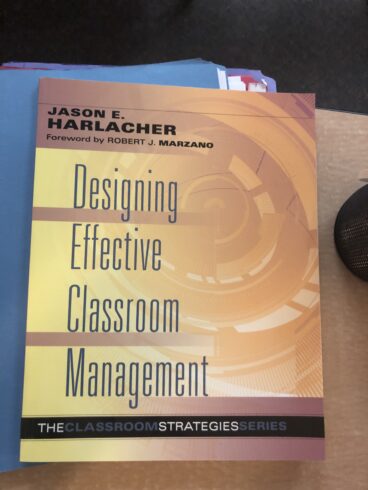
In Designing Effective Classroom Management, Jason E. Harlacher gives teachers and school administrators a research-based look at instructional strategies that can improve student behaviour and achievement in the classroom. Harlacher presents a step-by-step, practical guide to proactive classroom management, specifying five components to help enhance student achievement and decrease classroom problems. Each chapter details a different necessary component of the proactive approach to classroom management.
Part of The Classroom Strategies Series, this clear, highly practical guide follows the series format, first summarizing key research and then translating it into recommendations for classroom practices.
The Social-Emotional Learning Approach Children Deserve
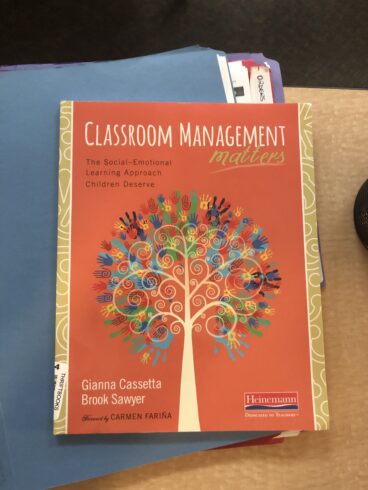
“I’ll show you detailed strategies that prevent and minimize difficulties with students, so you can focus on constructive action that will have a lasting, positive impact.” Gianna Cassetta
Positive, supportive relationships with children help them develop socially and emotionally and helps you to effectively manage your classroom, Gianna Cassetta states. Her approach creates a positive environment that can actually be planned, taught, and supported from the first day of school—or anytime.
Classroom Management Matters shifts you away from draining rewards-and-consequences systems. Instead of tips and techniques for controlling the uncontrollable, Gianna presents a plan for explicitly teaching children how to be effective learners and accountable members of the classroom.
With reflection questions, classroom examples, and summaries of supporting studies from researcher Brook Sawyer, Classroom Management Matters helps you be a learning leader in the classroom instead of an authority.
Learning and Growth of Students Themselves
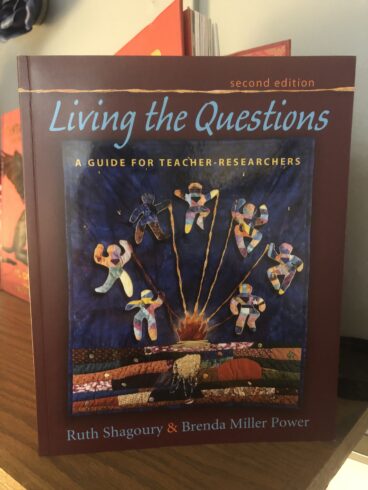
Teacher research is an extension of good teaching, observing students closely, analyzing their needs, and adjusting the curriculum to fit the needs of all. In this completely updated second edition of their definitive work, Ruth Shagoury and Brenda Miller Power present a framework for teacher research along with an extensive collection of narratives from teachers engaged in the process of designing and carrying out research projects to inform their instruction.
This edition includes a greater variety of short contributions from a wide range of teacher-researchers—novices and veterans from all backgrounds and parts of the country—who speak to the growing diversity in today’s classrooms. Threaded throughout the chapters and narratives is a discussion of the emergence of digital tools and their effect on both teaching and the research process, along with an expanded number of reacher designs.
Living the Questions: A Guide for Teacher-Researchers will take you step-by-step through the process of designing, implementing, and publishing your research. Along the way, it will introduce you to dozens of kindred spirits who are finding a new passion for teaching by “living the questions” every day in their classrooms. You will be reminded of why you became a teacher yourself.
